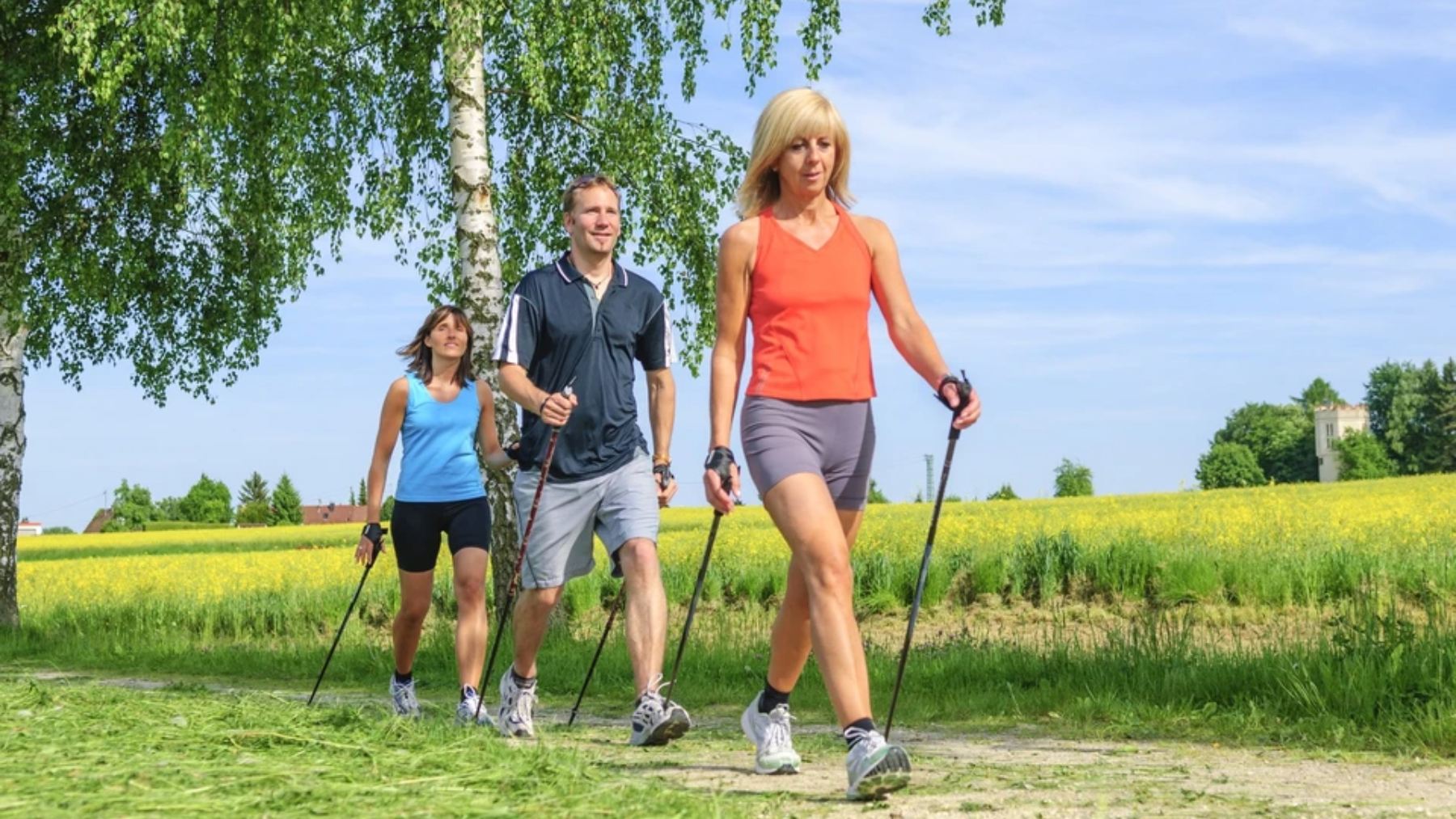Do you want to know your brain’s age? You just need to try this simple exercise! Some neuroscience experts from the United States have proved the relationship between our walking speed and our human brain health. This could have some clues on how fast our brain is aging and a possible cognitive health deterioration. Don’t worry, because researchers have made some cognitive tests and analyzed physical performance to prove physical activity and exercise is key to prevent this mental deterioration. What’s more, not only these studies, published on AS USA, show the importance of movement for mental well-being, but also how useful they could be to detect further cognitive issues.
We can know many things from our brains, so let’s not waste more time and see what’s your brain’s age!
Walking is great for your brain!
According to scientific studies, people who walk slowly could be the ones who age faster. Not only would they experience a faster deterioration of their bodies, but also on their brains. Slow walking could be related to being prone to suffering heart issues or even having less time to live. So, don’t underestimate this simple exercise, it’s more beneficial than you may think!
How can you measure your speed?
Measuring your speed when you walk could be seen as a very scientific process, but it really isn’t. It is so simple, so let’s see how this test works, so that you can do it on your next walk:
If you are in a large space, you just need to mark 16.5 feet to start walking and get up to speed. Then, mark 33 feet more and count how much time you take to finish this distance. Last, but not least, divide 10 by the seconds it takes you to finish the second walk, and there you go! You will have your speed in feet per second.
Can’t you walk in a large place? Don’t worry, this is also possible in your house! You will need to follow the same steps as in a large place, but the difference is in the number. First, mark around 3.3 feet and, for the second walk, walk around 13 feet and count the time you spend doing this distance. Finally, divide 4 by the second it took you the second walk.
The best speed
Of course, there’s a speed that is considered the best for our health, but this depends on everybody’s age. With the passage of time, the accurate speed number will vary, let’s see ages and speed:
- Age ranging between 40 and 49: women should have 4.6 feet per second and men 4.7 feet per second.
- Age ranging 50 and 59: women need 4.3 ft/s and men 4.7 ft/s.
- Age ranging 60-69: women should have 4.1 ft/s and men 4.7 ft/s.
- Age ranging 70-79: for women should be 3.7 feet/s and for men 4.16 ft/s.
- Age ranging 80-89: women are expected to reach 3.1 feet/s and men 3.2 ft/s.
It’s fine if you experience that your speed is getting lower as you get older, but if your speed is under the average, this could be a sign of your health starting to deteriorate.
Slow walking and its signs
As we previously mentioned, it’s not a problem to slow walk only if you do it at the recommended speed according to your age. There are some possible signs of health issues that under the average walking speed could have, such as memory or concentration issues, heart diseases or risk of dying sooner.
This has been proved through a study done on 75 year old men. The ones who walked slower only had 19% probability of living 10 years more, whereas men who walked faster showed 87%.
Young people too!
Don’t think this is an elderly people issue, if you are in your 20s or 30s you could be suffering from all the previously mentioned too. A research carried out by the Duke University in the United States, has shown evidence of higher blood pressure, higher cholesterol and worse mental and physical capacity in people of 45 years old who have been studied since they were child.
So, you’d better start working on your speed walk if you want to have less probabilities of health issues. Walking is not just an elderly person’s activity, it has more benefits for your brain than you might think!




